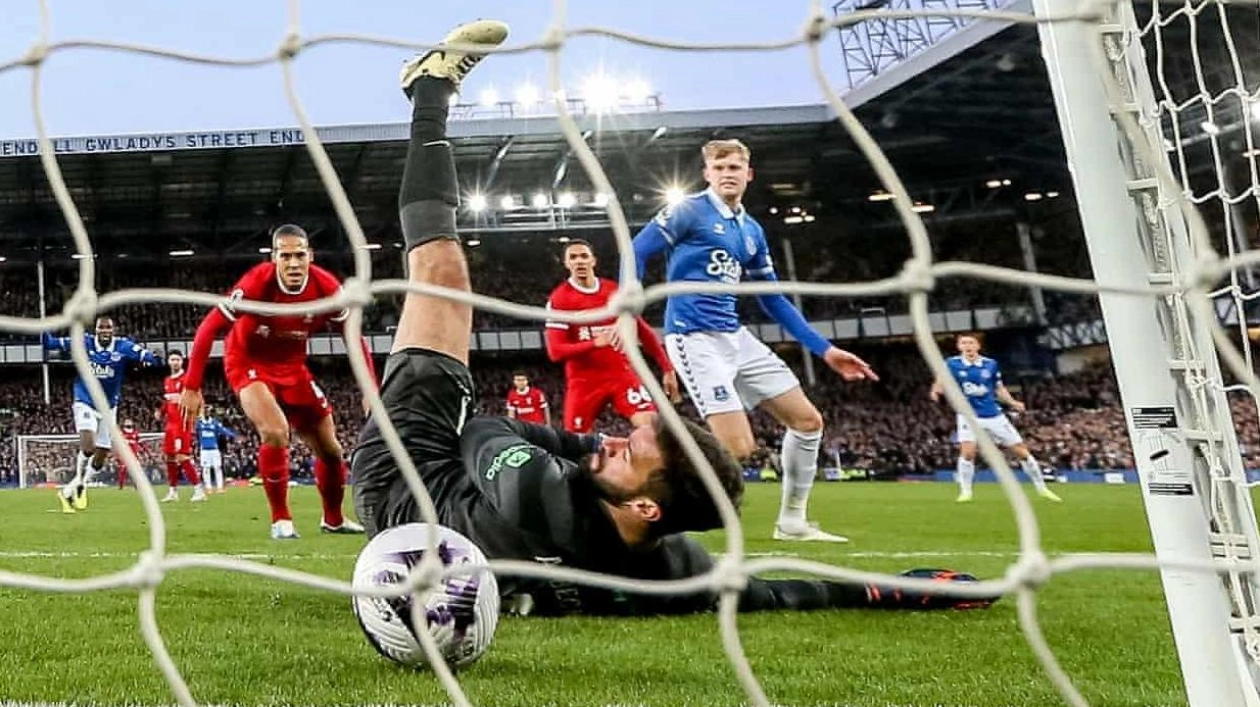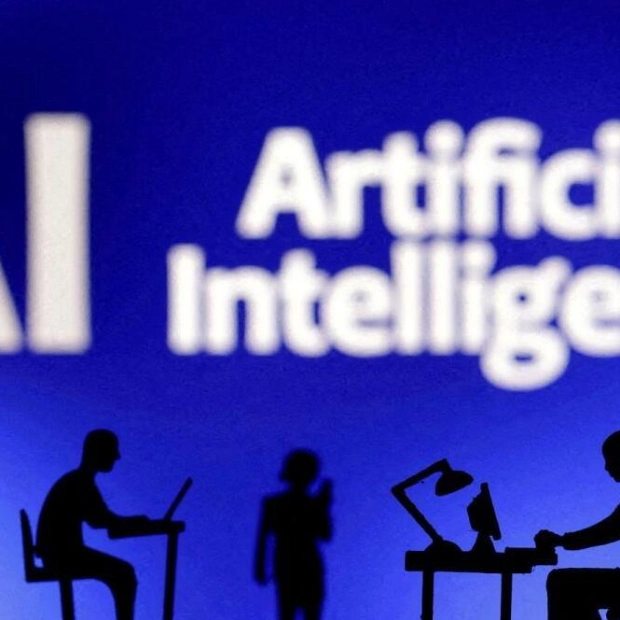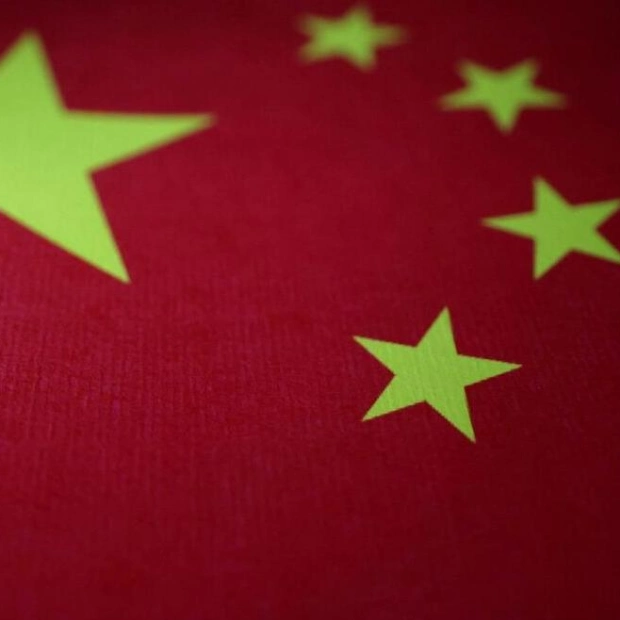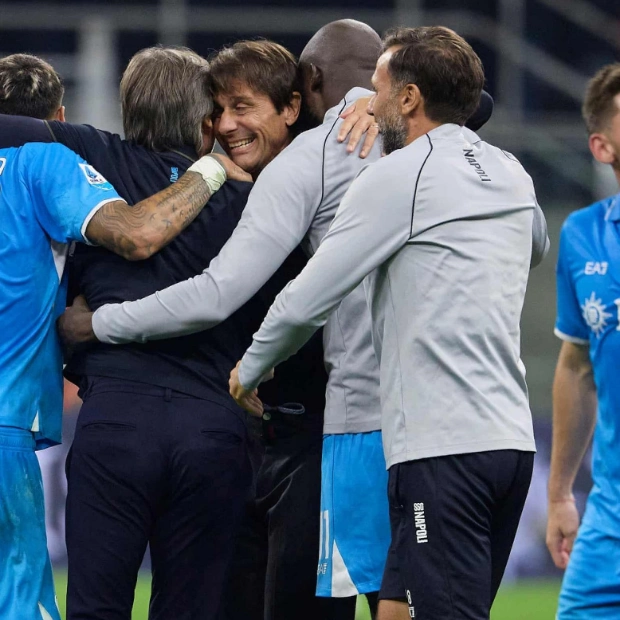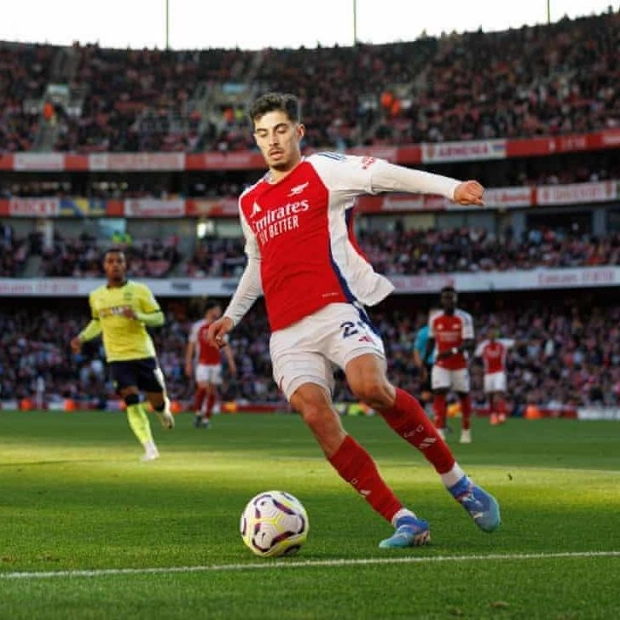Goodison Park witnessed the inaugural derby between Everton and Liverpool 130 years ago – back then, the term ‘Merseyside’ was not yet a prefix to the occasion – with the hosts emerging victorious 3-0 on 13 October 1894. This Saturday marks its final appearance, unless the teams meet in the FA Cup, as Everton prepares to move to a stunning new stadium at Bramley Moore dock next season. Over the years, 119 derbies have taken place at Goodison, with each local rival securing 41 victories. Ahead of the last league derby at this historic venue, we highlight six of the most unforgettable encounters.
The season kicked off with the Charity Shield at Goodison, where before the match, Ray Wilson and Roger Hunt showcased the World Cup trophy they had won that summer. Behind them, Ron Yeats proudly displayed Liverpool’s league championship trophy, while Brian Labone held Everton’s FA Cup. The city was in a state of excitement when the teams were drawn together in the fifth round of the FA Cup. Ticket demand was so intense that Liverpool made the unprecedented decision to install eight giant screens inside Anfield and broadcast the match live from Goodison. With 65,000 spectators at Goodison and an additional 40,000 at Anfield, it was the largest audience for a single FA Cup tie outside of a final. Alan Ball sealed his growing affection for Everton by scoring the winning goal.
A derby that was a nightmare for Everton and a dream come true for Liverpool, the Kop still sings about the havoc Ian Rush caused on his childhood club to this day. Rush scored four goals, leading to Everton’s heaviest derby defeat at Goodison. The story doesn’t end there. Howard Kendall had given an Everton debut to Glenn Keeley, signed on loan the week before due to a defensive shortage. Keeley, who hadn’t played all season due to a stand-off with Blackburn, was unaware of the newly-introduced rule that players would be sent off for professional fouls. Liverpool dominated and led 1-0 when Keeley fouled Kenny Dalglish as he raced towards goal in the 37th minute. “I honestly expected a booking,” he admitted years later, “so when I got sent off, it was a shock.” Rush took control in the second half, Keeley never played for Everton again, and their shell-shocked goalkeeper, Neville Southall, was loaned to Port Vale to recover.
A football match of little significance but a Merseyside derby of immense importance. Eighteen days after the Hillsborough disaster, Liverpool played their first competitive match at an emotionally-charged Goodison. The entire city was in mourning but united that night by grief, solidarity, and respect. ‘The Kop thanks you all. We never walked alone’ read a banner in the Liverpool end. Fans carried 95 intertwined Liverpool and Everton scarves around the pitch before kick-off in memory of those unlawfully killed at Hillsborough. The thunderous chant of “Merseyside, Merseyside” that preceded the minute’s silence, and the explosive roar that followed, will forever be etched in the memories of those present. As the late, great David Lacey wrote in his Guardian match report: “Football was a trivial reason for 95 people to die but football will help the city learn to live with its sorrow. As the fans formed a chain of 95 blue and red scarves knotted together it became clear that the crowd of nearly 46,000 had come, not only to remember those who were lost, but to remind each other that soccer and Merseyside were indivisible.”
A classic FA Cup tie that had lasting repercussions for Liverpool. Kenny Dalglish’s team, leading the league, showed signs of aging. They led four times, but Everton equalized each time, with Tony Cottee scoring in the 89th minute and six minutes from the end of extra time due to Liverpool errors. Dalglish later admitted one of those errors was his hesitation in deciding to drop Jan Molby into defence. This was indicative of deeper issues. “Match of a lifetime” was the headline in the Liverpool Echo. It wasn’t an exaggeration, but the story was overshadowed less than 48 hours later when Liverpool held a Friday morning press conference. Dalglish had resigned. The trauma of managing Liverpool through the Hillsborough disaster, including attending as many funerals as possible, had taken a heavy toll on the club legend. The venue for the second replay was decided by a coin toss. Liverpool, led by caretaker manager Ronnie Moran, were defeated 1-0 at Goodison.
Liverpool has a history of inflicting late pain on their local rivals, and before Sadio Mané and Divock Origi, there was 36-year-old Gary McAllister, from nearly 40 yards. Gérard Houllier’s team needed to win at Goodison to maintain their chances of qualifying for the Champions League for the first time, having slipped from a top-three position in previous games. Liverpool hadn’t won at Goodison in 11 years. It was a tense occasion, with 12 bookings, two of which were for Igor Biscan, and the 10 men of Liverpool were left to rue a missed penalty by Robbie Fowler and a late David Unsworth equalizer when they were awarded a free-kick 44 yards from goal in the 93rd minute. McAllister took a few steps forward and, with everyone inside Goodison expecting a cross to the far post, the veteran cleverly swept a free-kick inside Paul Gerrard’s near post. Liverpool, rejuvenated, went on to complete a cup treble and pip Leeds to third.
The most recent Merseyside derby was also one of the most celebrated by Everton fans. Everton hadn’t won a derby at Goodison in 14 years. Jürgen Klopp had never lost at Goodison. Sean Dyche’s team was fighting to avoid relegation. Liverpool was challenging for the title. What unfolded was “horrible to watch” according to the outgoing Liverpool manager and unrecognizable to Everton fans as their team displayed an intensity and quality that had been largely absent during another troubled campaign. Jarrad Branthwaite and Dominic Calvert-Lewin scored the goals that sparked chants of: “You lost the league at Goodison Park.” The old stadium truly shook that night as Evertonians transformed it into a bear pit. Despite its decrepit state, obstructed views, and poor facilities, it will be deeply missed when it’s gone.
Source link: https://www.theguardian.com
